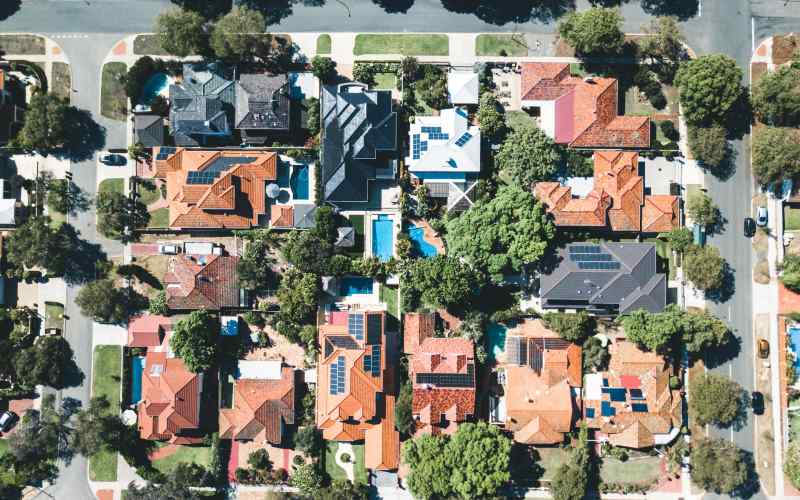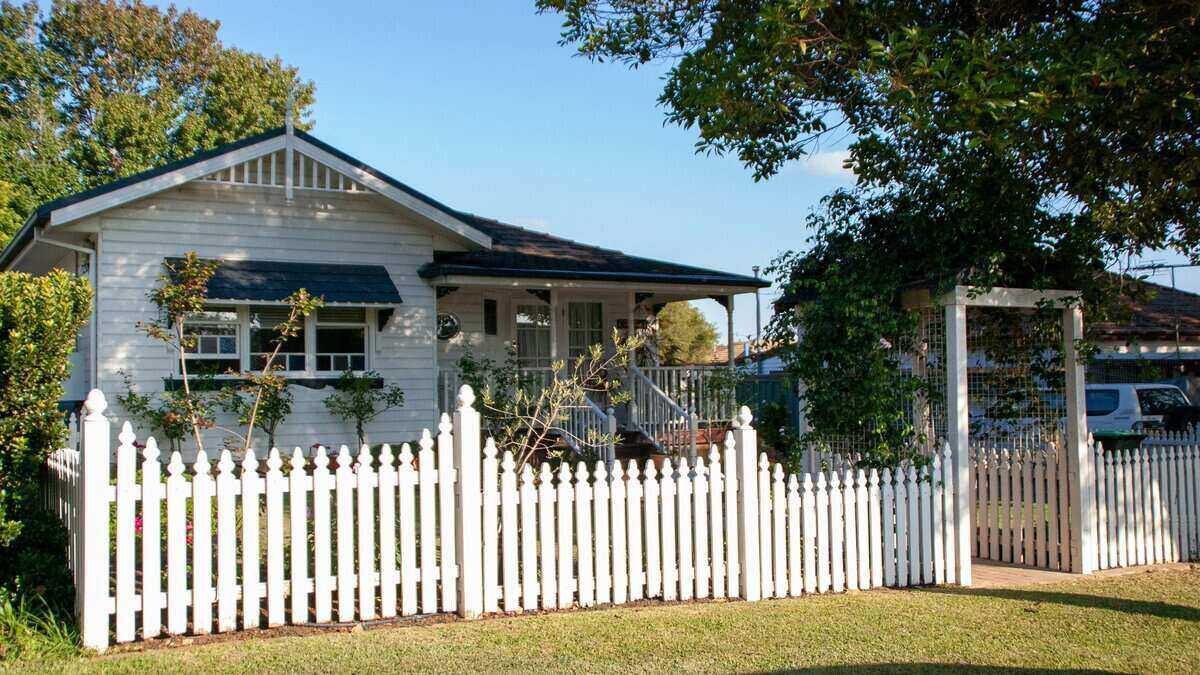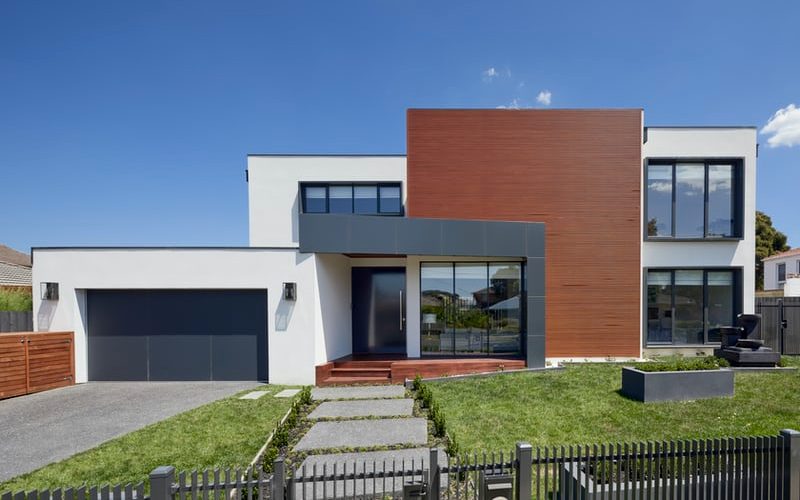Already the overnight cash rate sits at about 0.13% thanks to Reserve Bank's (RBA) easing policies in place, and a further cash rate cut could see this slip into negative territory.
However, according to Westpac chief economist Bill Evans, this is something for RBA Governor Dr Philip Lowe to avoid.
"Given the Governor’s 'extraordinarily unlikely' attitude to negative rates he may choose to adopt the safer 5 basis points model for the ESA (exchange settlement account) rate to keep comfortably clear of negative rates," he said.
"On the other hand, particularly in light of his [Lowe’s] direct comparisons with other central banks, and other significant 'game changers' in his policy approach he may be prepared to countenance the possibility of negative rates in the very short term wholesale market.”
Buying a home or looking to refinance? The table below features home loans with some of the lowest variable interest rates on the market for owner occupiers.
| Lender | Home Loan | Interest Rate | Comparison Rate* | Monthly Repayment | Repayment type | Rate Type | Offset | Redraw | Ongoing Fees | Upfront Fees | Max LVR | Lump Sum Repayment | Additional Repayments | Split Loan Option | Tags | Row Tags | Features | Link | Compare | Promoted Product | Disclosure |
|---|---|---|---|---|---|---|---|---|---|---|---|---|---|---|---|---|---|---|---|---|---|
5.79% p.a. | 5.83% p.a. | $2,931 | Principal & Interest | Variable | $0 | $530 | 90% |
| Promoted | Disclosure | |||||||||||
5.74% p.a. | 5.65% p.a. | $2,915 | Principal & Interest | Variable | $0 | $0 | 80% |
| Promoted | Disclosure | |||||||||||
5.84% p.a. | 6.08% p.a. | $2,947 | Principal & Interest | Variable | $250 | $250 | 60% |
| Promoted | Disclosure |
The ESA is a policy where providers of payment services settle obligations that have occurred in the ‘clearing process’.
It’s a different form of lending to the cash rate (what the banks can borrow from the RBA).
According to Mr Evans, the ESA is an “important input into the rate at which they will lend to counterparties”.
However, yesterday Dr Lowe did not definitively say there would be a cut, rather that the central bank would look at other easing measures.
"As the economy opens up, though, it is reasonable to expect that further monetary easing would get more traction than was the case earlier," he said in a speech yesterday.
Earlier in the year, the RBA introduced a ‘Term Funding Facility’ (TFF), which provides upwards of $90 billion in liquidity to banks to encourage them to cut interest rates further.
When will we see an increase to the cash rate?
Yesterday, Dr Lowe also said there will be no raise to the cash rate for at least two to three years, as the Reserve Bank chases 'full employment' and an inflation target of 2-3%.
Mr Evans labelled Dr Lowe's candid speech yesterday as a "game-changer".
"From my perspective he particularly highlighted the strengthening of household and business balance sheets," he said.
"The key question is what are people going to do with this extra saving and improved debt situation?"
Consumer confidence is now up 10% compared to pre-COVID levels, and earlier in the year the Australian Bureau of Statistics' reported household savings rate was at a 46-year high, thanks to Government stimulus measures.
The RBA's targets are in lock-step with US Federal Reserve Chairman Jerome Powell's target of 2% inflation "on average".
This signals a "more patient approach" than what the RBA is going for, according to Mr Evans.
In Australia, 'full employment' was previously thought to be around 5% unemployment - it currently sits at 6.9%, artificially lowered by JobKeeper.
However, Australia hit that 'full employment' target over five out of six months between September 2018 and February 2019, and the Reserve Bank left the cash rate unchanged at 1.50% in that time.
The only month in that time to not make it was November 2018 at 5.1%, and following that the Reserve Bank cut the cash rate three times between June and October 2019, when the unemployment rate was between 5.1% and 5.3%.
This has led Australian Council of Social Service (ACOSS) CEO Cassandra Goldie to label full employment as "fiction".
"We need a new debate about what we mean by full employment, putting aside the artificiality of the 5% official unemployment rate, which includes people working one hour a week as employed," she wrote in the Financial Review in 2018.
Do low interest rates fuel house price bubbles?
Westpac's Mr Evans explained the "troubled" relationship between low interest rates and house prices, in the eyes of the Reserve Bank.
"The RBA has always been troubled by the interaction of low interest rates and asset prices – in particular house prices," he said.
"Because the central policy objective is emphatically 'jobs' the Governor now sees rising asset prices as constructive.
"I expect that the Governor still harbours concerns around the impact of asset bubbles on the real economy.”
Ms Goldie also said back in 2018 that low interest rates fuel property speculation.
"If we are to keep interest rates low, we have to find other ways to curb the household sector’s appetite for debt-fuelled property speculation and the financial sector’s appetite for debt-fuelled speculation generally," she said.
However, for now, it’s ‘watch this space’, according to Mr Evans.
"For now, and the likely next year or so, concerns monetary policy (is) destabilising asset markets are going to be contained," he said.
"From the perspective of the negative rate debate it will be very interesting to see the direction which the Board chooses on November 3."
Disclaimers
The entire market was not considered in selecting the above products. Rather, a cut-down portion of the market has been considered. Some providers' products may not be available in all states. To be considered, the product and rate must be clearly published on the product provider's web site. Savings.com.au, yourmortgage.com.au, yourinvestmentpropertymag.com.au, and Performance Drive are part of the Savings Media group. In the interests of full disclosure, the Savings Media Group are associated with the Firstmac Group. To read about how Savings Media Group manages potential conflicts of interest, along with how we get paid, please click through onto the web site links.

Ready, Set, Buy!
Learn everything you need to know about buying property – from choosing the right property and home loan, to the purchasing process, tips to save money and more!
With bonus Q&A sheet and Crossword!






 Harry O'Sullivan
Harry O'Sullivan
 Emma Duffy
Emma Duffy










